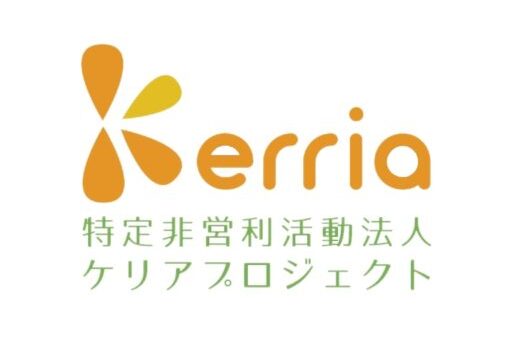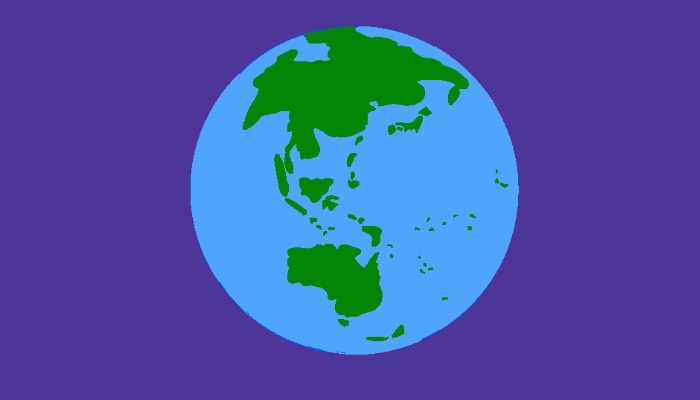
We have uploaded a YouTube video on “How to Protect Yourself from Coronavirus”. If you have a google account, please subscribe!
First of all, everybody should know that it is very difficult to completely prevent viral infection. Unless you are in isolation inside a heavily protected building and do not come in contact with other people, there are chances for everyone to contract viruses anywhere, anytime.
Having said that, it is possible to lower the chances of getting infected using various methods. Here are some examples of preventive measures that we have gathered from medical professionals and carers.
When you are out of your home
1. Wear a mask
Some say that the virus penetrates the fabric used for masks so they won’t prevent infection. Well, it is true that most of the materials used for masks won’t withstand the virus invasion. Nevertheless, masks are actually quite effective in keeping the inside of your nose and throat moist. A virus is at its most infectious in a dry environment, and it is important that you be careful not to let your nostrils and mouth dry out. So go ahead and wear a mask as much as you can.
Your mask does not have to be a manufactured product. As long as it keeps your nose and mouth area moist, you can make your own mask using any kind of fabric that you like. It is quite simple and there are many websites that give you instructions on how to make it.
We have to remind you that there are many cases of this new coronavirus infection that do not show any symptoms at all, although the host person tests positive. Therefore we all can become spreaders of the virus without even knowing it. Wearing a mask also lowers the likelihood that you transmit any virus to someone else. So make sure that you protect people around you as well as yourself.
2. Gargle or drink fluids every 20 minutes
If you inhale coronavirus, it takes 20 minutes for the virus to settle down on the surface of the mucous membrane in your throat and start invading your body. Technically speaking, if you keep gargling every 20 minutes you can expel the virus before it infects you. However, it may be difficult for many of you to keep gargling so often when you are out, so drinking water or other fluids is another option; by doing so you wash down the virus into your stomach and the gastric acid will kill it.
3. Eat (suck on) lollies
Even drinking fluid that often may be difficult for you, so another option is to keep lollies in your mouth. That keeps your mouth moist and encourages you to swallow saliva often. If you are diabetic or worried about tooth decay, choose a non-sugar kind.
Gargling is by far the most preferable preventive action, however, because some other viruses, such as Noro, cause gastrointestinal infection if swallowed.
4. Disinfecting with alcohol (ethanol)
Some medical professionals say liquid (alcohol sprays) and hand gels are preferable over alcohol wipes. Disinfect your hands and fingers before you eat, or touch your face (for example putting on makeup or blowing your nose). Alcohol wipes sometimes do not reach inside of small creases, and they can dry out quickly after the package is opened, thus losing effectiveness. Once the alcohol evaporates, the wipes do not have disinfecting properties anymore and you are merely spreading the virus all over your hands every time you use it.
Some products have “ethanol” as an ingredient, but it is the same as alcohol (ethanol is a kind of alcohol) and it has the same effects.
Mind you, the higher alcohol or ethanol content does not necessarily mean it is more effective. If the product contains more than 80% alcohol or ethanol, it evaporates too quickly to kill all the viruses. Some say the quick evaporation causes a virus to build up resistance to alcohol. A product with 70%~80% alcohol or ethanol content is ideal.
4. Wash your hands
You have to be careful when you are washing hands outside your home, especially in public bathrooms. If you touch the lever or handle to stop the water after washing hands, you may get infected if the virus is there. Take little precautions and put some soapy water on the lever or handle and sprinkle some water on them to rinse before you touch.
If you have to touch a doorknob after washing hands, use your non-dominant hand and try to disinfect it as soon as possible. In Japan, some restaurants and food courts have washing basins outside of the bathrooms. In such places, make sure that you don’t touch anything after you wash your hands and before you start eating.
At Home
1. Clothes
Those who have severe pollen allergy may have already been doing this, but take off your outermost garments such as a coat or jacket as soon as you come into the house. Have a coat hanger just inside your front door so that the outer garments do not come inside with you. Spray the clothes with disinfectant clothes spray, preferably those which contain alcohol or ethanol if your clothes can tolerate it. If it is the end of the day and you don’t have a plan to go out thereafter, it may be a good idea to change all of your clothes.
2. Wash your hands and gargle
The next step is to wash your hands and gargle. Take your time, about 20 seconds, to wash your hands with soap. When you gargle you don’t necessarily have to use medicated gargling solution. Just tap water or 0.9% saline solution is a better option, because a medicated solution may irritate your membranes and kill some beneficial bacteria that live in your throat.
3. Bathing
You should bathe and wash your hair every day during the virus season. If possible, bathe as soon as you come home at the end of the day before you have dinner. In that way, you can avoid some stray virus that ends up on your dinner plate.
4. Laundry
You should wash all of your clothes that you have worn outside every day. The running cost of the washing machine and the amount of water is one thing, but mind you that you have to do it only in this virus season. You never know when and where you may pick up invisible particles of the virus, and it may be better to be safe than sorry.
5. Food
Do not share silverware, chopsticks, cups or glasses with other members of your family. Always use serving tools if you take your share of food from a big plate. Do not eat a piece of bread, cake, chocolate or fruit that someone else already bit into. If you are a parent it is understandable that you want to finish up the food left on your child’s plate, but please refrain from doing that in this virus season.
There is no miracle food that magically keeps the virus away, so ignore those advertisements. It is more important that you eat healthy portions of a variety of foods so that you can maintain a healthy body and immunity.
6. Sleeping
Good sleep is crucial to maintain a healthy body. However, if someone in your family shows a symptom of cold, do not share a bedroom with him or her. It may be difficult to do so in small Japanese houses, but it may be worthwhile talking with your entire family about the sleeping plan if someone becomes sick.
7. What if you suspect that you have contracted the virus?
If you have symptoms of cold and you feel like you should see a doctor, call a hotline or consult with the designated diseases control center in your area before you rush to the hospital. Nowadays many governments have set up a procedure that you can follow if you suspect you might have coronavirus. Keep checking the latest news and follow the latest instructions.
8. To protect you and your family
It may not be easy to follow all the above measures, but it decreases the possibility that you and your family contract the virus when you start doing some things that you had not been doing previously. We can keep the viral infection rate minimal among our family members and our communities if many of us start acting preventively. We wish you all good luck.




コメント